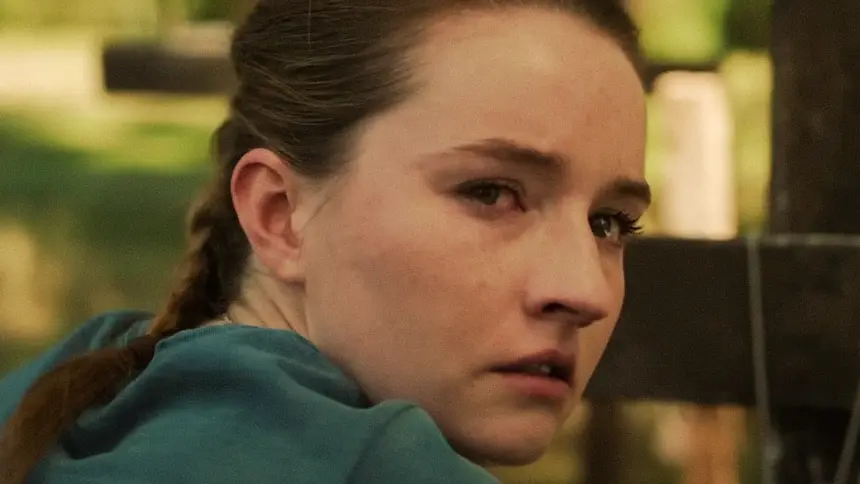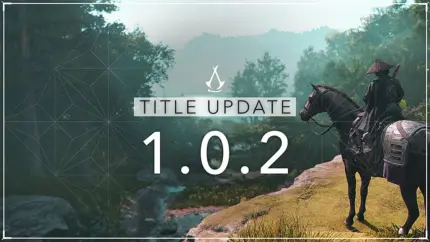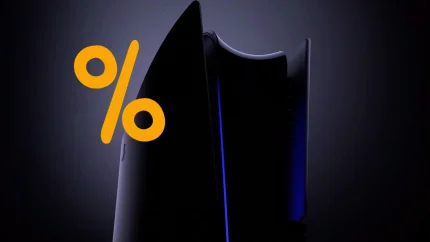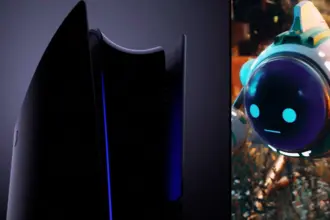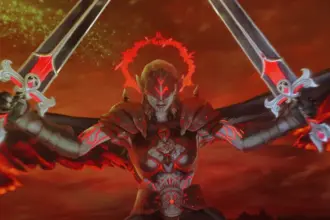The second season of "The Last of Us" is in the starting blocks - and with it the hope that the acclaimed video game adaptation will once again write series history. But now that the first reviews are on the table, it is clear that the euphoria is muted. Not because Season 2 is bad - on the contrary, the reviews are overwhelmingly positive - but because it feels like a puzzle without the pieces.
The reason? The makers have decided to split up the story of "The Last of Us Part II". Yes, you read that right: Instead of the full emotional broadside, HBO serves us the first half - with a lot of build-up but little resolution. What is sold as a bold narrative gimmick actually feels like a promise deferred.
Showrunner Craig Mazin had it already indicated in advancet: One season is not enough to do justice to the complex story. You need two, maybe even three. Sounds ambitious - but feels like a stretching maneuver. The famous Netflix disease: more seasons, less substance.
It gets spoilery from here. And honest.
Anyone who knows the game knows what's coming: Halfway through, the perspective switches from Ellie to Abby - a drastic cut that split the fan camp at the time like a baseball bat splits a mushroom face. This twist worked in the game because you were forced to deal with Abby - controller in hand, heart in your pants.
In the series, on the other hand? More like a cold plunge into the pool than a smooth transition. What becomes an emotional direct hit in the game through interactivity comes across in the series as a badly timed change of scene - dramaturgically more of a tripwire than an arc of suspense. One speaks diplomatically of "clumsy", IGN calls it "bumpy" - you could also say that the series attempts to recreate an emotional tsunami with a bucket of tap water. And yes, it does splash a bit, but it's a different story.
Even more absurd: Season 2 ends exactly at the point where "The Last of Us Part II" really gets going. In other words, where the emotional escalation begins, where moral issues clash, where the viewer no longer knows whose side they are actually on. Instead: End credits. Goodbye. Cliffhanger.
Of course, you can argue that this structure is necessary. That depth takes time. But let's be honest: if you tell a story that breaks off in the middle of a suspenseful arc, you have to put up with the audience being left annoyed - with more questions than answers.
The Last of Us Season 2 starts on April 13. And yes, we will tune in. But with a feeling somewhere between anticipation and the suspicion that we're only being sold half the deal here - with the promise that the rest will come at some point. The only consolation: fans finally get somethingthat was missing in Season 1.
